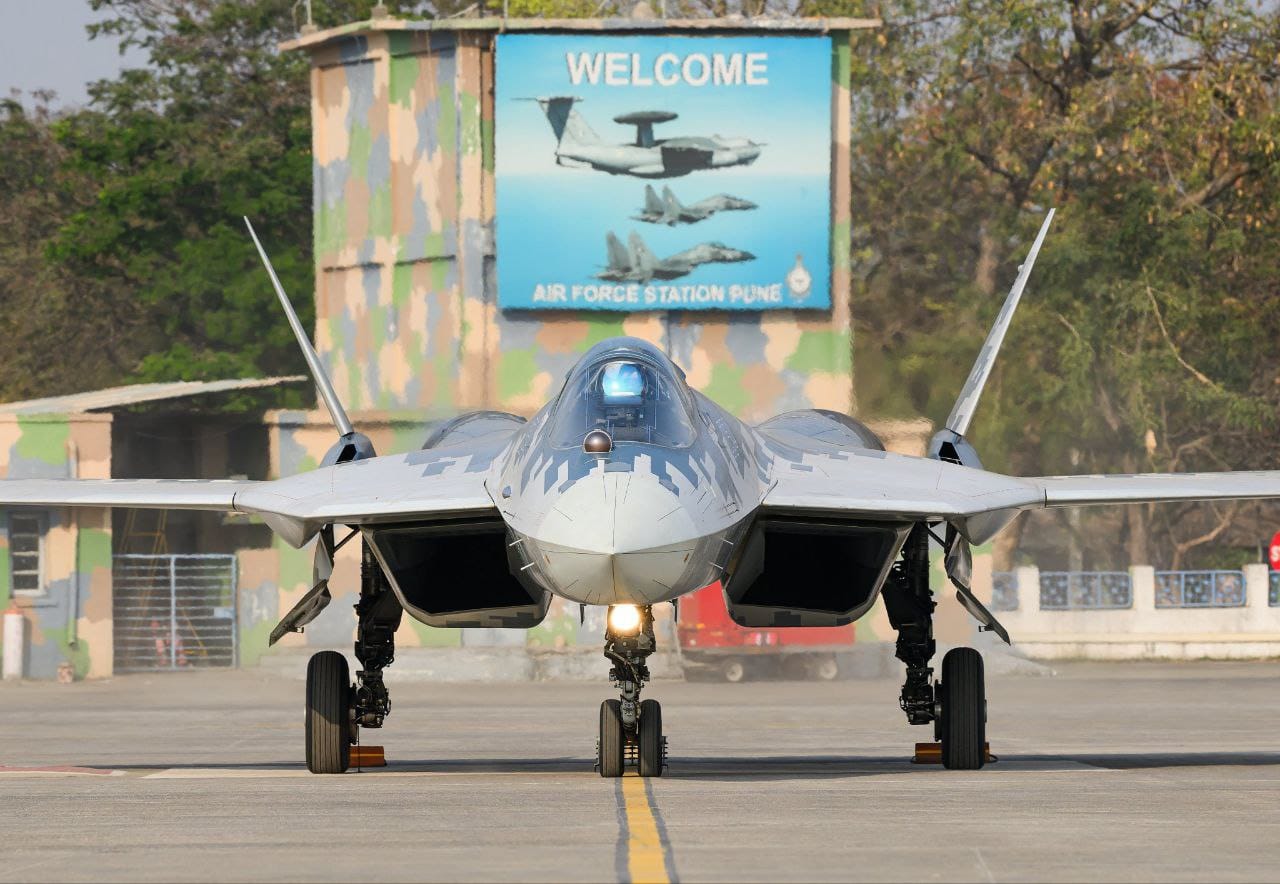India evaluates Rafale–Su-57E mix for short-term needs
India plans to buy Rafale jets via G2G deal to rapidly bolster IAF capabilities, bypassing stalled MRFA program.
The Indian Air Force (IAF) has urgently revived plans to acquire new combat aircraft, driven by operational lessons from the recent Operation Sindoor and the rapid erosion of its squadron strength. According to The Times of India, the service has proposed that the government purchase additional Rafale jets through a government-to-government (G2G) agreement with France, bypassing the prolonged and complex MRFA (Multi-Role Fighter Aircraft) program for 114 aircraft, which has stalled for years.
The Acceptance of Necessity (AoN) file, the first step in the procurement process, is expected to be submitted in the coming weeks to the Defence Acquisition Council, chaired by Minister Rajnath Singh. The IAF argues that this direct purchase would allow it to rapidly enhance capabilities, leveraging existing infrastructure at Ambala and Hasimara bases—which could each host an additional squadron—and generate logistical synergies with the 26 naval Rafale M jets acquired in April for the Indian Navy.
The urgency is significant. The IAF currently operates 31 combat squadrons, compared to the 42.5 authorized to counter combined threats from China and Pakistan, and the number will drop to 29 next month with the final retirement of MiG-21 “Bison” aircraft. The May aerial engagement in Kashmir exposed critical vulnerabilities against Pakistani J-10CE fighters armed with long-range PL-15E missiles, which inflicted losses—including the first Indian Rafale shot down in combat—without exposing themselves to return fire.
The Russian Option Remains on the Table
According to Indian Defence Research Wing (IDRW), Russian President Vladimir Putin’s upcoming visit to New Delhi in September could unlock high-impact agreements, potentially allowing India to acquire and co-produce the Su-57E stealth fighter at Hindustan Aeronautics Limited (HAL) facilities in Nashik. The proposed package could include 50 to 60 aircraft to form three squadrons, as well as R-37M long-range air-to-air missiles, 3M22 Zircon hypersonic missiles, and S-500 air defense systems.
The Russian offer is notable for granting unprecedented access to source code and integration of Indian-made weapons and components—such as the Astra missile and Virupaksha AESA radar—enhancing the IAF’s technological autonomy. Potential adoption of the AL-41F1 engine in the Su-30MKI MLU (“Super Su-30MKI”) would generate additional logistical and sustainment benefits, as these would be the same engines used in the Su-57E.

In this context, the IAF projects the need to field at least two or three fifth-generation fighter squadrons before the indigenous AMCA program reaches production, expected in 2035. Meanwhile, the MRFA program theoretically remains in competition with aircraft such as Lockheed Martin’s F-21, Saab’s Gripen E, Boeing’s F-15EX, and the Eurofighter Typhoon, but immediate negotiations appear focused on the Rafale–Su-57E pairing as short- and medium-term solutions.
The roadmap outlined by the Capabilities Committee, led by Defence Secretary Rajesh Kumar Singh, calls for closing critical gaps within strict deadlines, increasing private sector participation, and maximizing technology transfer. With U.S.-India relations strained by trade and tariff disputes, American fighters—including the F-35—are increasingly unlikely to play a role in upcoming acquisitions, leaving France and Russia as the primary partners.

/https://aviacionlinecdn.eleco.com.ar/media/2020/09/Rafale-IAF-Golden-Arrows.jpg)
Para comentar, debés estar registradoPor favor, iniciá sesión